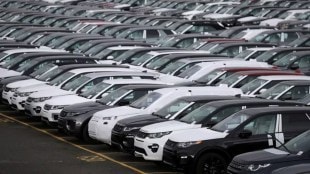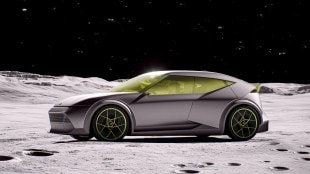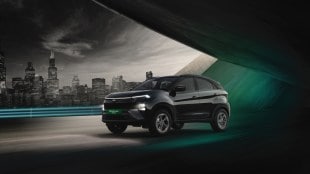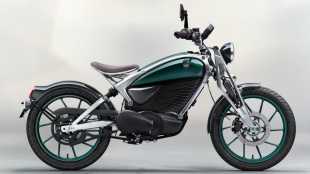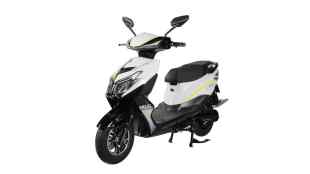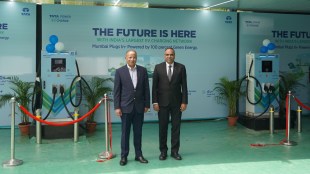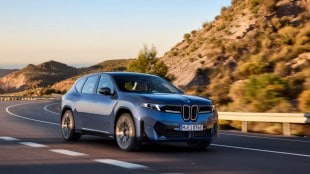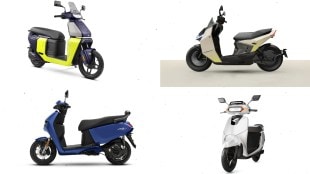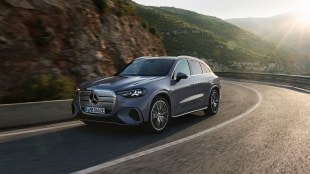Two weeks before he resigned as India’s G20 Sherpa, Amitabh Kant had sent a letter to the Prime Minister’s Office (PMO) seeking strategic clarity on the adoption of clean vehicle technologies like pure electric and hydrogen vehicles.
The former NITI Aayog chief expressed concern regarding the recent advisory from the Commission for Air Quality Management (CAQM), which promotes a broad array of powertrain technologies including CNG, flex-fuel, strong hybrids (SHEVs), and battery electric vehicles (BEVs)-as equally viable “clean” options for government fleets.
He highlighted in his communication, sent on June 2, that this “technology-neutral” approach risks diluting India’s strategic direction toward zero-emission mobility and undermining the policy certainty essential for long-term industrial investment.
“Continuing to promote hybrids or ICE (internal combustion engine) technologies is like investing in typewriters during the rise of AI-driven smartphones,” Kant said in the letter.
“These are legacy systems. India’s environmental, economic and strategic goals demand that we technologically pole vault and not get caught in intermediate technologies,” he further added.
Carmakers stand divided on the issue of hybrids with one group, consisting of Maruti Suzuki, Toyota and Honda, speaking in favour of hybrids getting incentive benefits under an EV policy, while others, like Tata Motors, Hyundai and Mahindra & Mahindra, oppose the move stating that partial electrics (hybrids) are old technologies that do not achieve the goal of emission-free mobility.
“The advisory issued by CAQM risks creating immense confusion among stakeholders and delaying the technological leap India urgently needs. It also demonstrates lack of predictability and consistency in our mobility policy. Mixed signals erode investor confidence and dilute the impact of the substantial progress made so far,” Kant added.
Electric cars achieved their highest-ever penetration of 4.1% in May, higher than the 2.4% penetration seen in the whole of 2024, according to the Federation of Automobile Dealers Association (FADA).
Powered by a fleet of five main products, the combined strength of Maruti Suzuki, Toyota and Honda have driven the share of hybrids to close to 9%, without any incentive from the Centre.
At the Bharat Mobility Global Expo earlier this year, the Prime Minister had set a bold vision of an eight times growth in electric vehicle (EV) sales by 2030. The industry saw volumes of just under 108,000 EVs in FY25.
Indian OEMs (original equipment manufacturers) like Tata Motors, M&M, Bajaj Auto and TVS Motor have already made significant investments in EV platforms, batteries and infrastructure.
“These decisions were made in anticipation of a clear and progressive regulatory framework. But the continued policy ambiguity — particularly a ‘technology-neutral’ stance-risks stalling these investments and deter future capital inflow into the EV sector,” Kant added.



